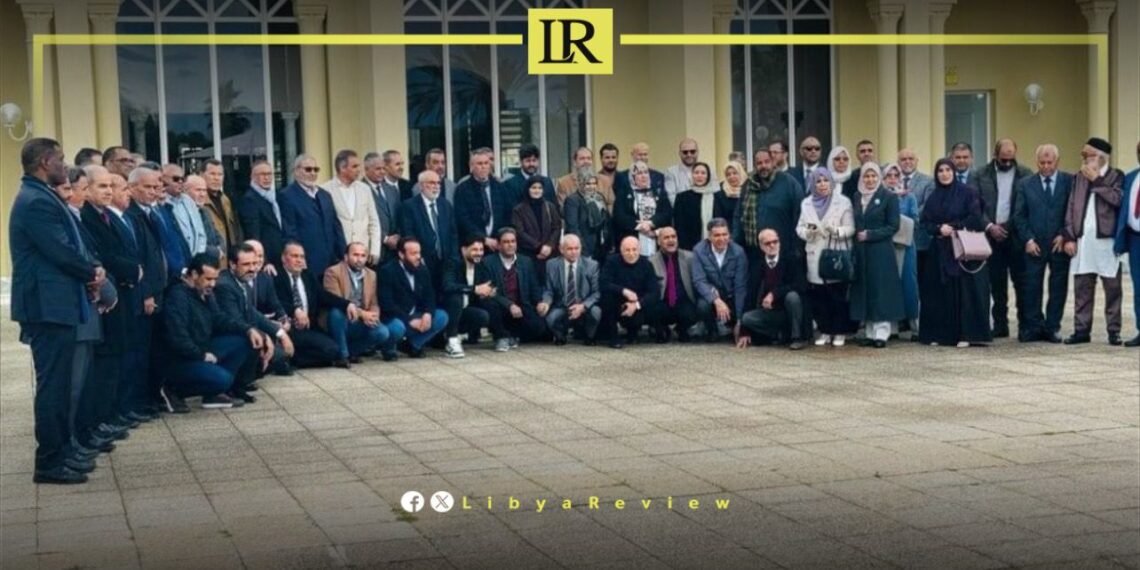The Libyan House of Representatives and the High Council of State (HCE) convened in Tunisia to address the political deadlock in Libya.
During the meeting, attended by 120 members from both chambers, agreement was reached to establish a new government to facilitate the electoral process.
The focus was on selecting a new Prime Minister transparently and fairly, in accordance with the roadmap proposed by the 6+6 committee and overseen by the UN mission.
Emphasis was also placed on enacting enforceable regulations for the incoming government to combat centralization, support local units, and ensure direct allocation of funds to municipalities and provinces.
Commitment was reaffirmed to the electoral laws drafted by the 6+6 committee and issued by the House of Representatives, with a call for the High National Elections Commission (HNEC) to promptly implement these laws and announce election dates.
Concerns raised in the Central Bank of Libya (CBL) report regarding inflation in spending, particularly in support, expenditures, and unidentified financing, prompted the decision to establish an investigative committee.
A monitoring committee comprising members from both councils was formed to facilitate communication at local and international levels, with the aim of implementing agreed outcomes. The committee is tasked with presenting its initial report to council members within a month and preparing for the second expanded meeting of council members.
Since the collapse of the December 2021 electoral process, political resolution in Libya has been stalled by disputes over electoral laws and power struggles, despite international efforts to unite factions for elections and transition completion.
Libya has been in chaos since a NATO-backed uprising toppled longtime leader Moammar Gaddafi in 2011, resulting in a split between rival administrations.
The conflict has led to a significant humanitarian crisis in Libya, with thousands killed and many more displaced. Migrants and refugees using Libya as a transit point to Europe have also faced dire conditions.
Despite a ceasefire, security remains a major concern with sporadic fighting and the presence of mercenaries and foreign fighters. The unification of the military and the removal of foreign forces are critical challenges.


